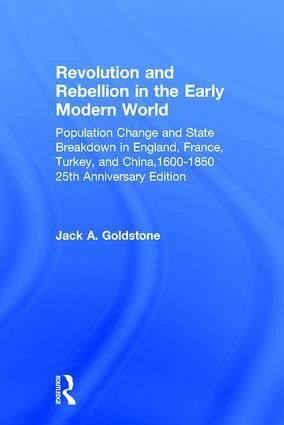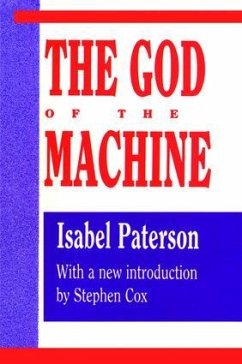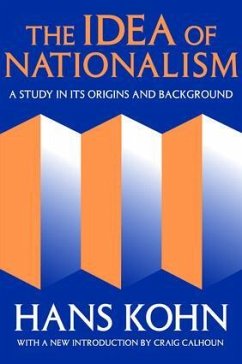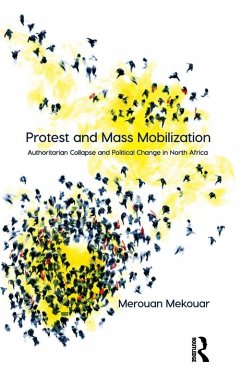ideas about what to study and how to study it were just starting to gel. Jack Goldstone's now-classic book provided me with the tools to solve a range of puzzles related to social movement activism and consequences, public policy implementation, voting behavior, intergroup conflict, and inequality, and has powerfully shaped my own thinking over the past twenty-five years. His distinct analysis remains fresh, relevant, and broadly applicable today.
Rory McVeigh,
University of Notre DameJack Goldstone's
Revolution and Rebellion in the Early Modern World is as worthy of study and emulation today as it was 25 years ago. The book demonstrates clearly how outstanding works of comparative-historical analysis generate stable findings that hold up over the years. A stunning breakthrough in 1991 becomes a timeless classic in 2016.
James Mahoney,
Northwestern UniversityJack Goldstone's powerful and persuasive book dramatically changed how we understand revolution; a generation later, it has lost none of its punch and proven prescient in any number of ways, not least about waves of revolution and the demographic trends that keep them real and relevant. An updated final chapter is a fitting coda and must-read for those interested in socio-political change. Theoretically sophisticated, substantively rich, and beautifully written, this remains a classic for our time and those to come.
Eric Selbin,
Southwestern University Revolution and Rebellion in the Early Modern World remains a classic in the lively literature on revolutions. By broadening the scope to include revolutions that failed, Jack Goldstone is able to highlight the crucial role played by demographic transitions in prompting rebellion and revolution. This book, an essential contribution when it first appeared, is even more timely as we become more and more aware of environmental limits to economic growth.
Steven Pincus,
Yale UniversityPRAISE FOR THE ORIGINAL EDITION- Winner of the 1993 American Sociological Association's Distinguished Scholarly Publication Award
This remarkable and brilliant book arrives not a moment too soon... A major intellectual achievement which will redraw the map of early modern history.
William Doyle,
Times Higher Education SupplementSurely the most interesting general statement on revolutions in a long time.
John Markoff,
American Journal of SociologyA book of real stature-high powered, provocative, and ambitious.
John A. Hall,
Contemporary Sociology














